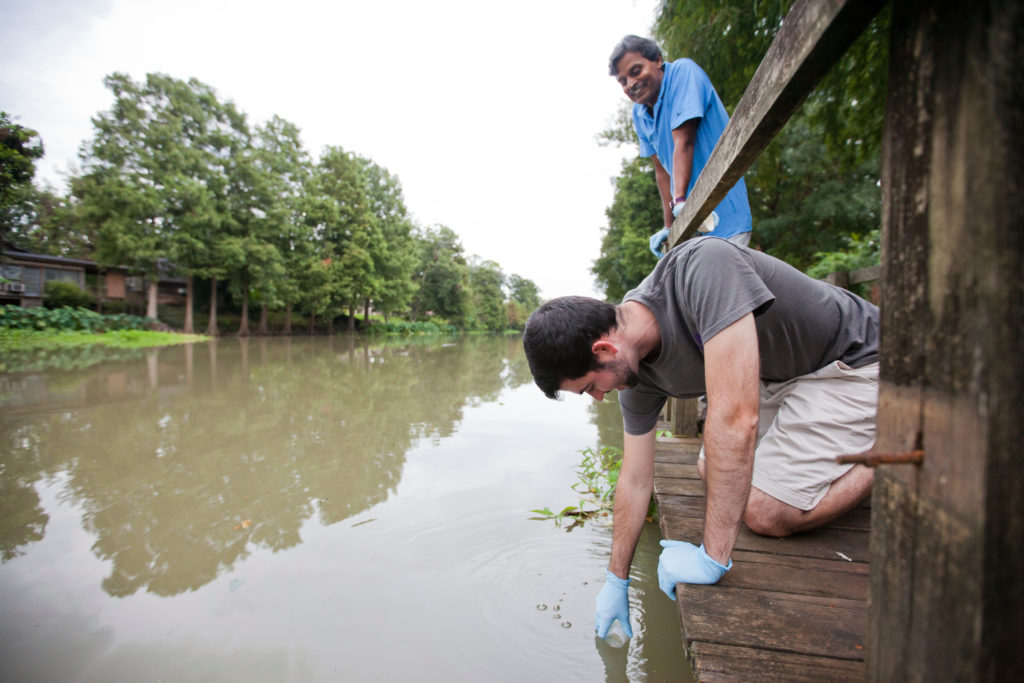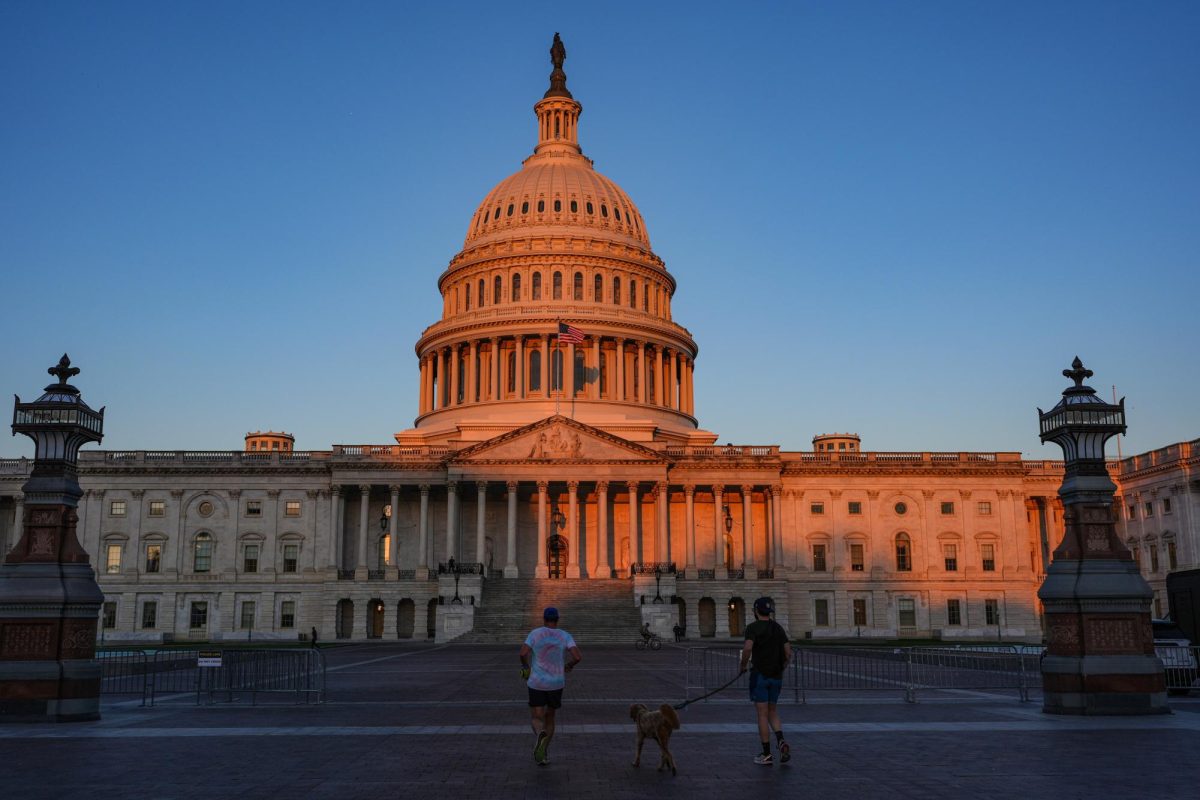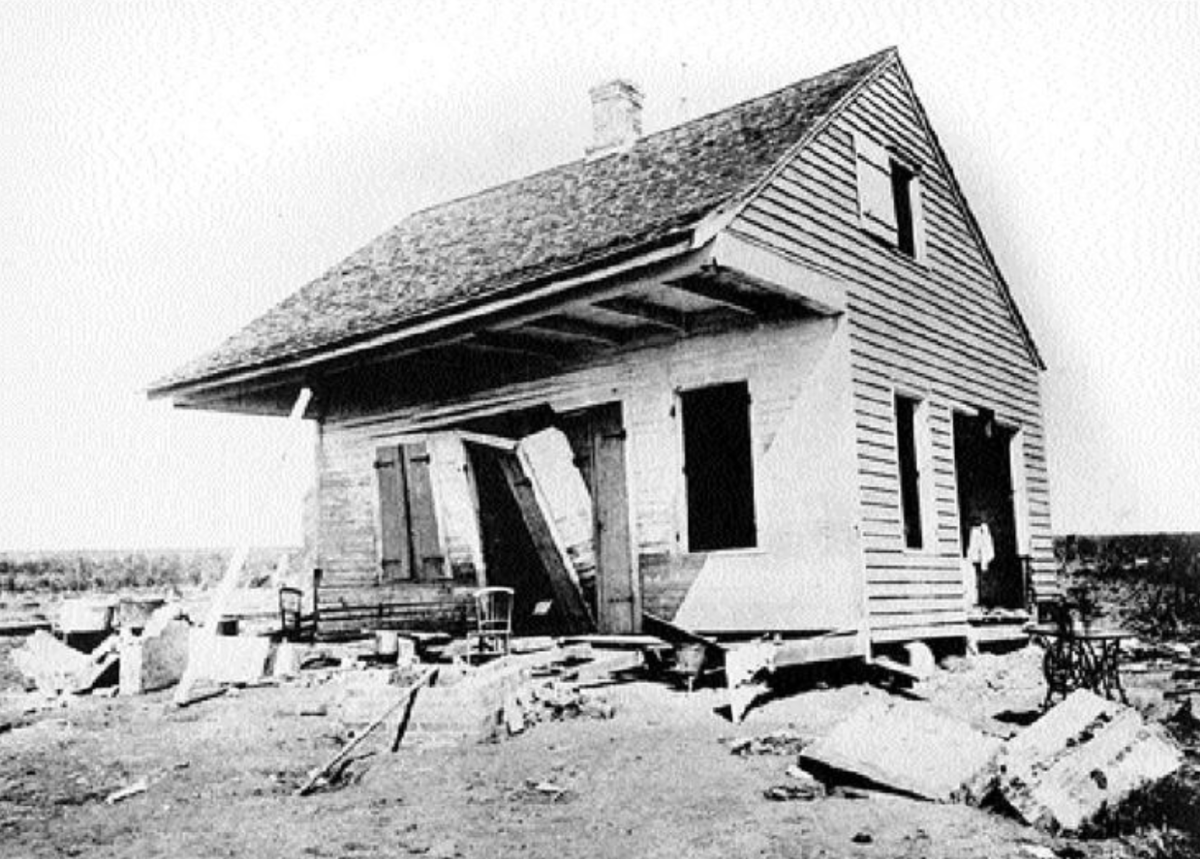The cancellation of Louisiana’s landmark sediment diversion project leaves behind more than lost land, forcing scientists, policymakers and activists to grapple with the state’s coastal future.
The Mid-Barataria Sediment Diversion once stood as Louisiana’s boldest promise to fight coastal erosion. The Coastal Protection and Restoration Authority (CPRA) committed nearly $3 billion to harness the Mississippi River’s power to rebuild land in the shrinking Barataria Basin.
Today, the project sits as an abandoned blueprint, its demise signaling more than the end of a revolutionary era. Rather, it exposes the fragile state of Louisiana’s coastal fight.
Every 100 minutes, Louisiana loses the equivalent of a football field of wetlands. Since the 1930s, the state has lost nearly 1,900 square miles of land—roughly the size of Delaware. The Barataria Basin alone has lost more than 280,000 acres, according to the U.S. Geological Survey.
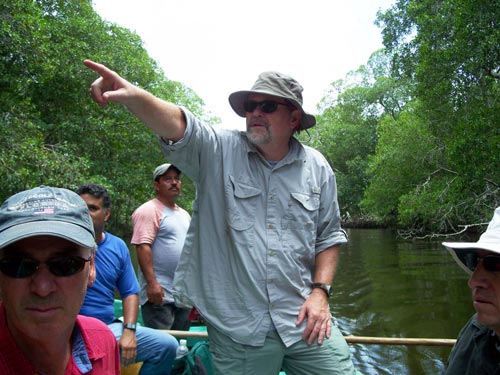
LSU coastal scientist Dr. John Twilley points to a rare historical alignment that made Mid-Barataria possible.
Hurricane Katrina’s devastation in 2005 exposed the coast’s vulnerability.
Still, a well-planned, research-backed coastal master plan was already in place, and funds from the BP Deepwater Horizon oil spill soon became available.
“The shock of Katrina, the planning already underway and the oil spill funding—everything aligned perfectly,” he said. “It’s a coincidence unlikely to happen again. That’s what made Mid-Barataria possible, and that’s what makes its loss so critical.”
Scientists describe the loss of Mid-Barataria in blunt terms. Tulane geologist Dr. Torbjörn Törnqvist called the cancellation “a devastating blow,” stressing that diversions represented Louisiana’s “last, best hope” to reconnect the Mississippi River to the wetlands it once built.
Dr. Twilley agreed that while marsh creation and barrier island projects remain valuable, only diversions can deliver the sediment needed to match the scale of loss.
“We can build smaller projects forever, but they’ll never keep pace without the Mississippi River,” he said, highlighting the river’s natural power to rebuild land.
The end of Mid-Barataria resonates far beyond the halls of government, threatening the progress of hands-on restoration and the people who rely on it.
“The science is solid. The public support was solid. This was the most overly vetted, overly studied project in the history of the world,” said Polly Glover, president of Restore or Retreat, a nonprofit dedicated to protecting and restoring the Barataria and Terrebonne Basins.
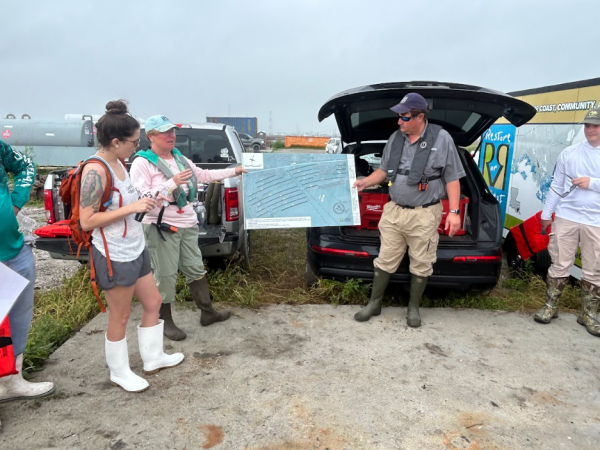
Project Coordinator Polly Glover (left), Executive Director Dr. Joseph Orgeron (right)
The group, founded by advocates alarmed by vanishing land, has spent 25 years combining policy advocacy with hands-on restoration, often bringing volunteers into the marsh to plant grasses and trees.
Still, one of the main arguments for canceling the project centered on cost. Critics questioned whether the billions invested could be justified given the slow pace of visible land-building. When asked about that reasoning, Glover pushed back.
“How do you put a price on our future?” she said.
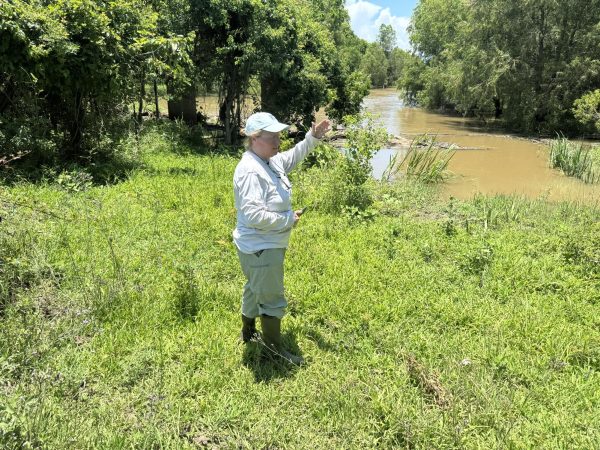
Glover’s frustration with the cancellation runs deep.
“When it was canceled, I wasn’t just disappointed. I was disgusted,” she said. “I felt sad for the next generation.”
Scientists like Törnqvist warn that without bold diversions, Louisiana risks watching its land slip away at rates faster than smaller projects can counter. Glover agrees, noting that smaller community projects will struggle to withstand erosion without large-scale efforts like Mid-Barataria.
Still, she argues those efforts are vital for keeping communities engaged and hopeful.
“I’ll keep going until my body is too sore and too broken to do it,” she said. “Even if it’s just a few acres at a time, it matters. I want to leave it better for your generation.”
On the ground, the fight continues. Volunteers trek through muddy wetlands, saplings in hand, working to rebuild the fragile marshes that protect the coast. Nonprofits like Restore or Retreat continue rallying communities.
The science may warn of grim odds, but advocates like Glover refuse to surrender the coast without a fight.
The cancellation of Mid-Barataria leaves Louisiana at a crossroads—scale down and chip away at erosion with patchwork projects, or find the political will to revive bold measures.
The state’s wetlands and the communities they protect may not have the luxury of time.
To learn more about Louisiana’s wetlands and the science behind coastal erosion, visit: The Water Institute
For hands-on volunteer work with coastal restoration, visit: Restore or Retreat



